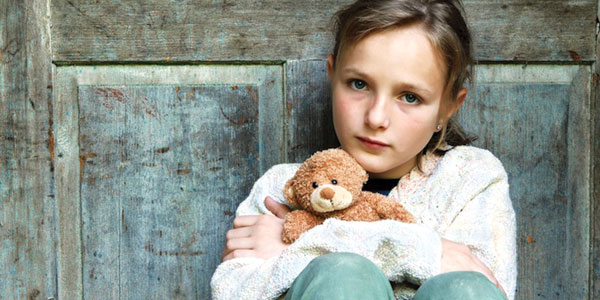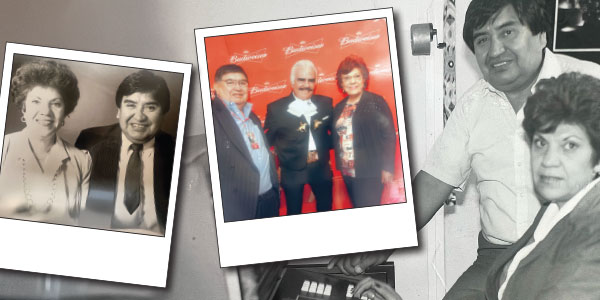
Es un error muy común creer que los niños no hacen duelo al perder a alguien. La realidad es que hasta los bebés son impactados por la pérdida de alguien cercano. Sin embargo, nosotros, los padres, no tratamos el tema porque queremos “protegerlos.”
Ignorar el problema puede ser aún peor. Al ignorarlo el niño debe cooperar por sí mismo, lo que puede empeorar aún más la situación. Es importante tener una conversación acorde a la edad del niño.
Las siguientes son recomendaciones para ayudarlos a entender la pérdida y duelo:
*Apoya al niño en cualquier tipo de pérdida: Ya sea el fallecimiento de una persona cercana o un divorcio, mudanza, cambio de escuela, o la muerte de una mascota.
*Espera lo inesperado: Las reacciones de los niños son raramente parecidas a la de los adultos. Los adultos generalmente reaccionamos al duelo con tristeza y dolor, mientras que un niño podría demostrar culpa, enojo, preocupación y confusión.
*Explica la situación: La imaginación de los niños es inmensa. Las historias que ellos inventan son generalmente peores que la realidad.
*Usa las palabras correctas: Si un pariente falleció es importante explicare con la palabra correcta, si les dices “perdimos al tío,” o “mamá se fue” esto puede confundir al niño aún más.
* Calma sus preocupaciones: Cuando un niño se entera que alguien falleció, ellos pueden pensar que lo mismo le pasará a mami o a ellos mismos inmediatamente. Calma sus preocupaciones.
* Prepárate para muchas preguntas: Los niños son curiosos. Al responder, recuerda que los niños necesitan saber la verdad pero los detalles son generalmente innecesarios.
* Ayuda al niño a expresarse: Muchos niños prefieren hacerlo por medio de dibujos o actuando y otros prefieren expresarse verbalmente.
__________________________________________________________________________________________________
How to help a grieving child
Commentary by Carey Juez-Perez
It’s a common misconception that children don’t grieve when they lose something. But even babies are impacted by loss. And yet, we American parents avoid talking about loss with children because we are “protecting them.”
However, ignoring loss can be harmful. Children can be impacted more negatively by loss when left alone to cope with it. Thus, it’s important for us as parents to have age-appropriate conversations with our children.
Here are a few tips to help children understand grief and loss, and to provide them with support:
*Provide support during any type of loss: Whether it’s death, divorce, moving, changing schools or the death of a pet, be there for your children.
*Expect the unexpected: Children grieve differently than adults. We typically view grief as sadness; however, children may display anger, guilt, worry, confusion. They might even show little to no emotion.
*Explain the situation: Children have great imaginations. The stories children create are often worse than reality when a loss is left unexplained.
*Avoid euphemisms: Use words such as “dead” or “died,” for example, when there’s a death. Using phrases such as “he’s gone” or “we lost him” confuses a child, as they might think the person can be found.
*Suppress the worry: When children hear about death, they often worry it’ll immediately happen to them or a loved one. Remind the child that he or she is loved and safe.
*Be prepared for many questions: Children are often curious. When answering questions, remember that children don’t need to know all the details because the details might scare them.
*Encourage them to find coping methods: Children might feel better by drawing a picture, making a photo collage or acting out the loss through their playtime. This is normal and allows children to make sense of their feelings.










